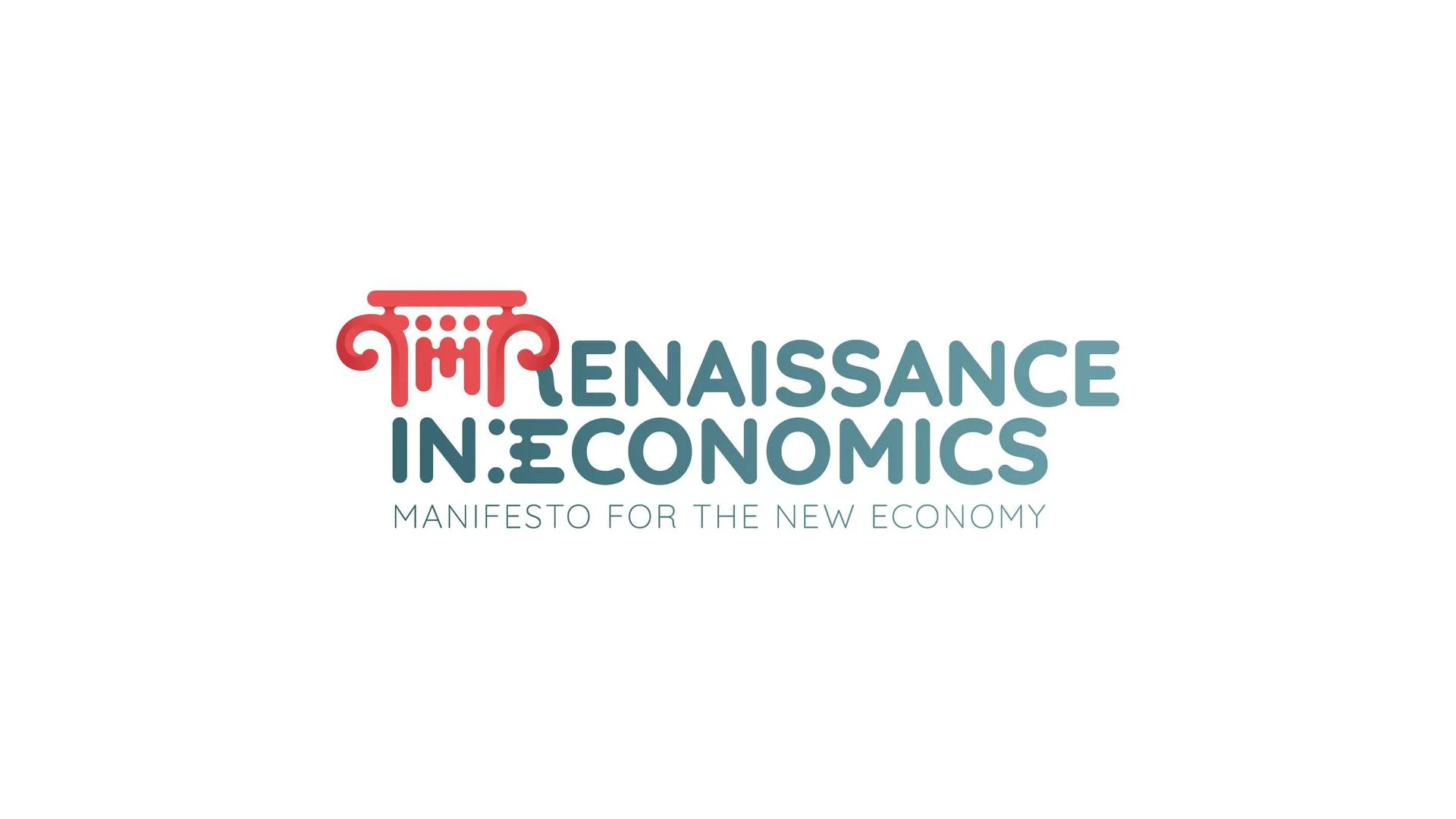
Economics Terms A-Z
Adverse Selection
Read a summary or generate practice questions using the INOMICS AI tool
Adverse selection occurs as a case of asymmetric information whenever a more well-informed market player uses information to take advantage of another player in the market who does not hold that information. In turn, this adversely affects participation in the market.
Common examples of adverse selection include the market for insurance and the labour market
In the insurance market, providers know less about their customers’ risk levels than the customers themselves, and riskier customers have a greater interest in purchasing insurance. Risky customers then dominate the insurance market, increasing the cost to providers because there are more claims from such customers.
The price of insurance (the insurance premium) then rises, which also affects less risky customers, who may then choose not to purchase insurance coverage at all. Adverse selection thus leads to a smaller, less efficient market than a market in which insurance companies knew everything about their customers
In the labor market, employers know less about job candidates than the candidates themselves, and unsuitable candidates are attracted to job descriptions and job adverts promising good salaries and working conditions.
When such candidates apply for jobs they dilute the pool of potential employees and, in the absence of a mechanism for employers to screen candidates for their suitability, this reduces the value of employees to the employers, who in turn offer lower wages and benefits. Suitable candidates are then less attracted to the jobs. Again, adverse selection leads to a less efficient market than one in which employers had full information about job candidates.
Adverse selection is potentially very harmful as it can mean that some people obtain jobs where they will do serious damage to others. A particularly dark example of this is child molesters being attracted to jobs which grant them access to children, such as schools and clubs providing activities for children.
Not only do unlucky children then suffer, but trust in the market is eroded and the “right” people stop participating in the market. This is why the teaching profession is highly regulated and laws exist to enforce a thorough screening of applicants for such roles.
Further reading
George Akerlof is one of three economists to have won the Nobel Prize in Economics in 2001 for analyses of markets with asymmetric information. In “The Market for Lemons: Quality Uncertainty and the Market Mechanism” (Quarterly Journal of Economics, 1970) he analyzes adverse selection in the used car market where sellers of used cars have superior information about the cars’ true quality than buyers.
Akerlof demonstrates how sellers of low-quality cars (“lemons”) flood the market, lowering prices and thus preventing owners of high-quality cars (“peaches”) from obtaining a fair price for their cars.
Good to know
The problem of adverse selection can be mitigated through the design of appropriate mechanisms to discourage unwanted players from entering the market and/or to encourage favorable players to enter the financial market.
In the case of health insurance or any type of insurance, providers practice price discrimination, offering lower premia to customers who provide evidence of being low-risk, and they may also charge excess fees in the case of claims in order to share risk with the customer.
In the case of the labor market, employers may initially offer a period of probation with poorer conditions (lower salary and benefits) to new employees such that only suitable candidates who are sure of passing probation apply for the job in the first place.
-
- Postdoc Job
- (Remote)
- Posted 2 weeks ago
Vacancy for a Postdoctoral fellow
At University of Ghent in Gent, Bélgica
-
- Postdoc Job
- Posted 5 days ago
Research Assistant (Postdoctoral Fellow) (f/m/d)
At University of Bremen in Bremen, Alemania
-
- Postdoc Job
- Posted 1 week ago
Postdoctoral Researcher (all genders welcome)
At Georg-August-Universität Göttingen in Alemania













